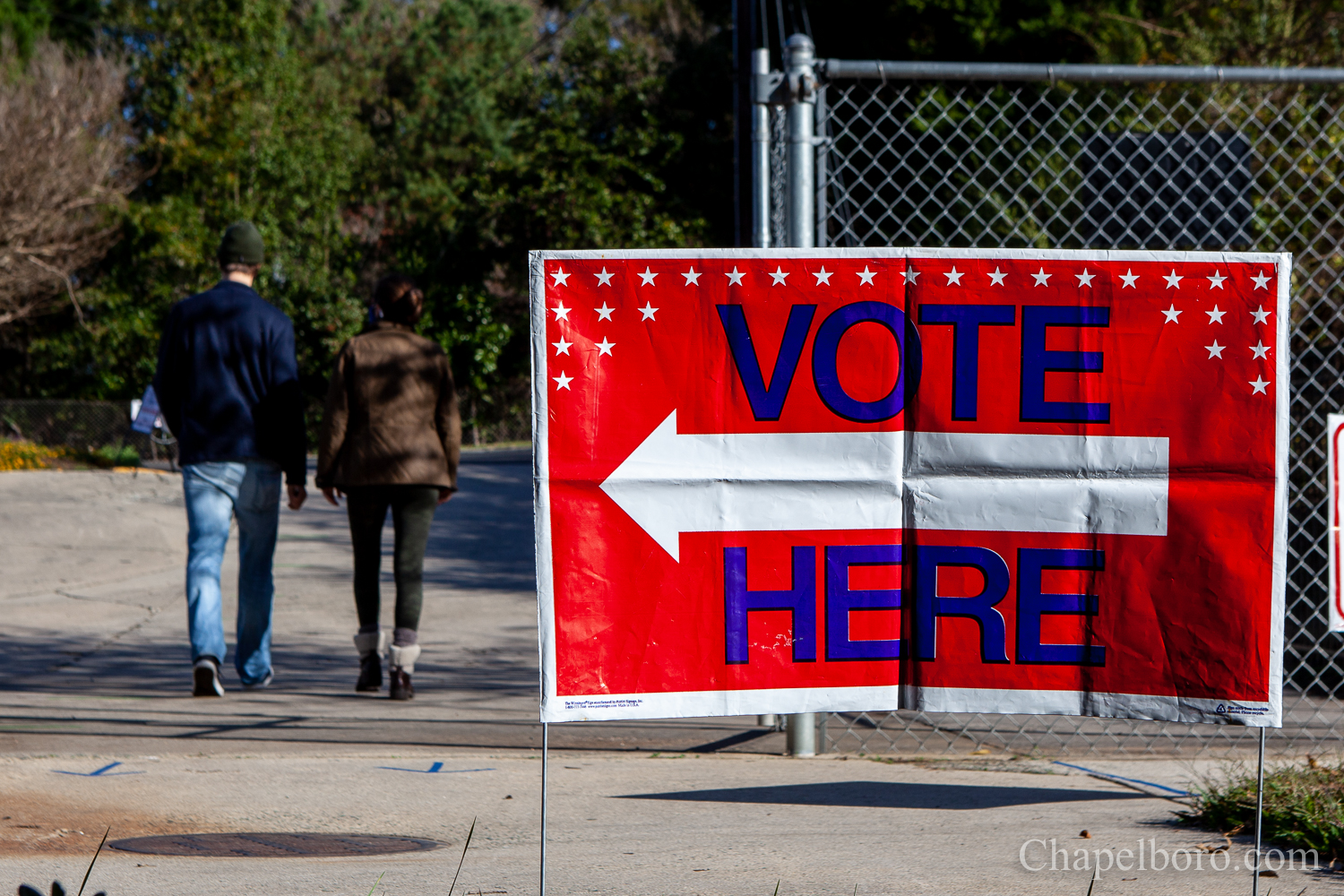The trial over a series of voting laws enacted by the legislature in 2013 wrapped up Friday. But North Carolina isn’t the only place where people are challenging recent changes in voting laws.
National Democratic representatives are looking for a federal fix that would make it harder for states to pass restrictive voting laws like North Carolina’s 2013 Voter Information Verification Act. Those provisions ended same-day registration and out-of-precinct voting, cut early voting days and requires voters to present a photo ID beginning in 2016.
Former Ohio Senator Nina Turner says laws like this are discriminatory. She spoke with media and stakeholders at a teleconference Monday.
“We must continue as Democrats to fight for the ballot box,” Turner said. “We are fighting for that access for all Americans, no matter how they lean—blue, red purple or somewhere in between. We are fighting for that access to the ballot box all across the country.”
The Democrats’ tack is to add a new amendment to the historic Voting Rights Act of 1965. That Act prohibited the discriminatory polling practices of the Jim Crow era, and was signed into law by President Lyndon Johnson exactly 50 years ago Thursday. Johnson gave a speech in March of 1965 pressuring Congress to create the Voting Rights Act after police brutally attacked protesters marching for civil rights in Selma, Alabama.
“I recognize that from outside this chamber is the outraged conscience of a nation, the grave concern of many nations and the harsh judgment of history on our acts,” Johnson said. “It’s not just Negroes, but really it’s all of us who must overcome the crippling legacy of bigotry and injustice. And we shall overcome.”
Section Five of The Voting Rights Act required North Carolina and other states with a history of discrimination to get federal approval for any changes to voting laws. But that requirement ended in 2013 when the Supreme Court struck it down. The Democrats’ proposed amendment tries to restore the requirement. But California House Democrat Judy Chu says Republicans haven’t been quick to get on board.
“There are no Republicans right now, but we are still in discussion[…]with the leadership as to whether they are going to support a fix,” Chu said.
Speaking about her home state of Louisiana, Democratic National Committee Vice Chair Donna Brazile, says a federal legislative fix is important, but it may not be enough to end voting practices Brazile believes are discriminatory.
“It may require more than legislation,” Brazile warned. “We may have to go the North Carolina route and [begin] litigation.”
The NAACP and several other civil rights organizations challenged North Carolina’s 2013 voting laws in federal court last month. Supporters of the laws say the provisions are meant to reduce voter fraud, but critics say they are designed to make it harder for people of color and young people to cast their ballots.
District Judge Thomas Schroeder will likely take several weeks to make a ruling. However he decides, we can almost certainly expect an appeal.



Comments on Chapelboro are moderated according to our Community Guidelines